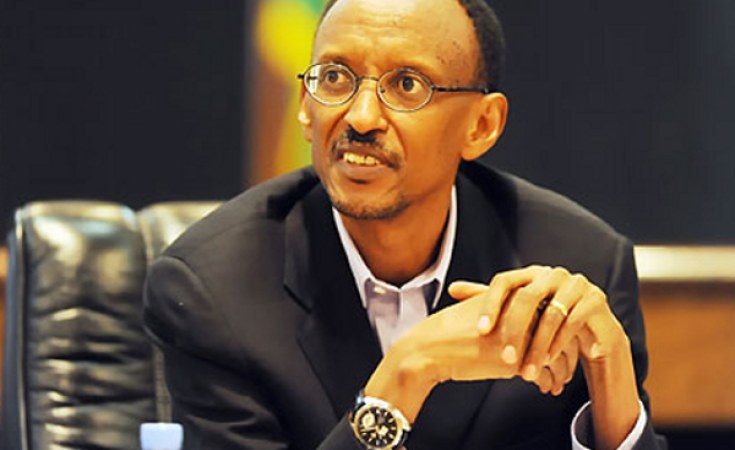Washington, DC — Rwandan officials have defended the government of President Paul Kagame against recent criticism that it was cracking down on its opponents and the press ahead of upcoming presidential elections.
Democratic Green Party Vice Chairman Andre Kagwa Rwisereka was found murdered earlier this month, days before the official kickoff of campaigning, and other members of the political opposition have been arrested.
A journalist, Jean Leonard Rugambage, acting editor of Umuvugizi Newspaper, was gunned down outside his home last month. The government had recently suspended the publication, as well as Umuseso Newspaper, for six months.
Foreign Minister Louise Mushikiwabo and Prosecutor General Martin Ngogo reacted to criticism of the government during an event hosted by the Atlantic Council in Washington, DC, last Tuesday. The focus of the event was the politics of genocide denial in Rwanda, specifically, and also within the global and historical context. The Atlantic Council is a non-partisan network of leaders seeking to promote more effective U.S. foreign policy
Foreign Minister Mushikiwabo said she believes that the timing of the incidents in Rwanda has played a significant role in the heightened media attention focused on the events.
"The impetus [behind the newspaper suspensions] is the illegal behavior of some media practitioners," she said.
Ngoga said it was important to take into consideration the 1994 genocide that claimed more than 800,000 lives. "It's again contextual. You are dealing with a situation where people had seen the kind of journalism that encouraged the genocide," he said.
On the other hand, Ngoga said, the sensitivity of Rwanda's history made denial of the genocide a difficult issue to address. In recent months, presidential hopeful Victoire Ingabire and American lawyer Peter Erlinder were arrested on charges of genocide denial.
In response to criticism of the government's handling of these cases, Mushikiwabo said genocide denial comes in many forms, citing genocide minimization, rewriting of history and misinterpretation.
"Denial is [often] the last assault to the [memory of the] victims," said Ngoga. He said the genocide and its aftermath cannot be isolated when addressing cases of alleged genocide denial.
Mushikiwabo said the government's actions were aimed at guarding Rwandan society against a repeat of past events. Ngoga agreed, saying is the government was perhaps being judged harshly because it was alone in its fight. Unlike European nations that have a convergence of efforts of fighting denial through legislation and law, he said, Rwanda lacks such support.
"We're not doing anything unusual and the criticism is not justified," Ngoga said.
Human rights groups, civil society organizations and the international community, including the United States, have hit out at Rwanda over the recent events and atmosphere leading up to the August election.
Mushikiwabo said security remained a top priority of the Kagame government. "Security is one of the most important pillars that has allowed Rwanda to rebuild itself in the last 16 years," she said.
But questions have been raised in recent months about the country's level of stability. General Kayumba Nyamwasa, a former confidant of President Kagame turned bitter enemy, survived being shot in June in South Africa. In April, there were a series of grenade attacks in the capital, Kigali.
"[The country] remains, to a certain level, very fragile," said Mushikiwabo.
However, she said, although Rwanda was continuing its healing process, it is beginning to see different priorities and goals. "It's [also] a time of transition, where we feel now that 16 years after the genocide we are moving on."
The Atlantic Council event was moderated by Nancy Walker, director of the council's Michael S. Ansari Africa Center.


